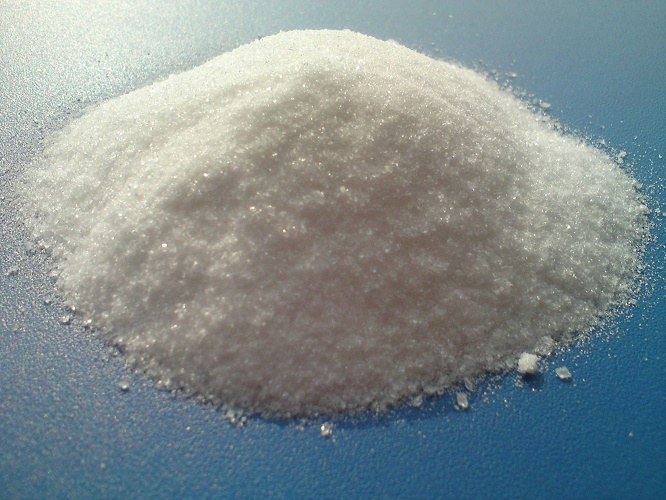Is Creatine Harmful?
Is Creatine Harmful?
Creatine supplements - sports supplements onthe basis of creatine. In many sports, they are used to increase the effectiveness of intensive loads, especially those associated with endurance in all its manifestations.

In the body of animals and human creatine is responsiblefor maintaining a high level of ATP in the cells, as well as for transferring ATP from those places where this energy is stored to the places where it is required. It has also been found that creatine reduces muscle fatigue by neutralizing acids produced by intense physical activity. The side effect of taking creatine is an increase in body weight, which is also positively perceived by many sportsmen, especially bodybuilders.
Creatine as a sports supplement
Despite the fact that creatine was discovered in 1832year, and its properties were sufficiently studied by Harvard University in 1912, as a sports supplement, it was not used until the early 90's. After the 1992 Olympics in Barcelona, it became known that British athletes took supplements based on creatine. Right after that, in 1993, the first mass creatine supplement was widely produced in the United States. Despite its high price, it quickly became popular among weightlifters, powerlifters and bodybuilders. A number of studies conducted by various sports medicine associations found that creatine supplements in all cases improve the effectiveness of high-intensity anaerobic exercises (exercises performed many times before failure). In 80% of cases, these supplements increased maximum (peak) strength, speed (a number of strength exercises for speed) and power endurance. Moreover, one control group of athletes took creatine with high doses for a short period of time, the other - in low doses for a long period. The majority of athletes simultaneously with the increase in strength indicators increased and muscle mass of the body. Depending on the individual qualities of the athletes and the duration of the creatine intake, they gained from 0.5 to 5 kg of weight. However, in individuals, the intake of creatine supplementation did not affect the strength indicators.The harm of creatine
Currently, there are no side effects,except for weight gain, creatine does not. However, with excessively high doses of its reception, bone tissue weakens and kidney failure develops. In the United States, one case of large-dose poisoning of creatine supplements has been reported.Cramps and spasms, according to research scientists, have nothing to do with the intake of creatine. In most cases, the intake of even the highest doses of cretin does not adversely affect the liver and kidneys.Many researchers note that creatineaccumulates fluid in the body. However, such water retention is not harmful to the body, does not cause swelling and swelling of the face. It is established that the consumption of caffeine in reasonable doses hinders the retention of fluid in the body, neutralizing the action of creatine.
Creatine does not increase blood pressure, does not reduce potency, does not load the heart, does not cause addiction and does not cause cancer. These are myths, unreliable information, often sounding on forums and in the press.When using low-quality creatineadditives often leads to various digestive disorders, which are manifested by abdominal pain, nausea and diarrhea. The newest sports supplements based on creatine can have a negative effect on the intestines. Taking such supplements in small doses significantly reduces their side effects, but also reduces the benefit for the athlete.







